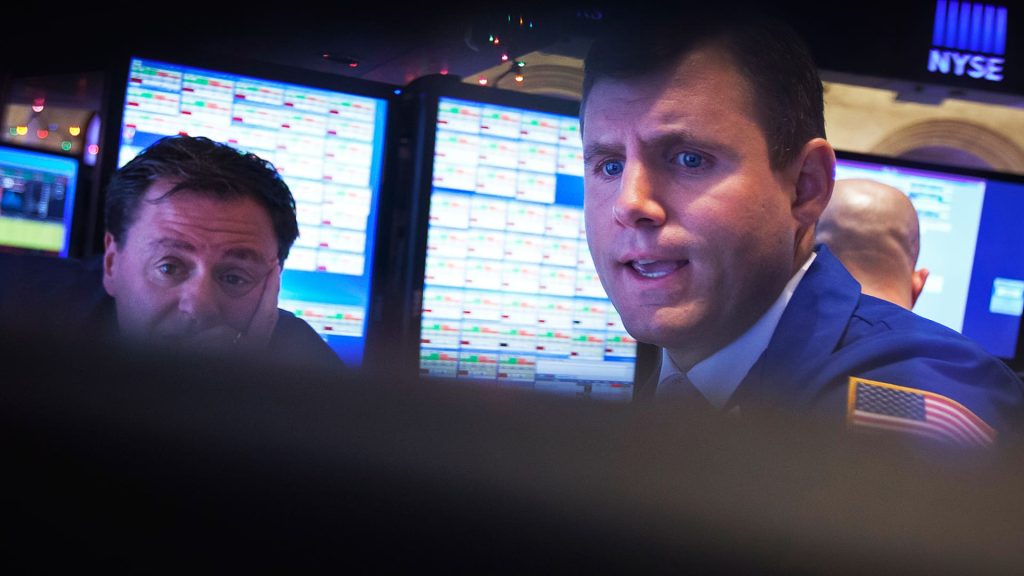CNBC’s Jim Cramer on Monday offered up advice to investors who are trying to navigate the volatility on Wall Street, as recession concerns and President Donald Trump’s tariffs continue to roil global markets. “Nobody really wants to hear someone come on air and say, ‘I think you ought to wait and see, but I think that’s the right strategy to advocate,” Cramer said on “Squawk on the Street,” while discussing the decline in stocks such as Caterpillar. The discussion on Caterpillar came after UBS on Monday downgraded the construction and mining equipment maker to a sell rating from neutral and lowered its price target to $243 a share from $385. Analysts argued that the downside from the macroeconomic impact of Trump’s trade policies hasn’t been priced in fully yet to the stock. Shares of Caterpillar fell more than 4% Monday, to around $275 a share, extending a nearly 14% decline registered across Thursday and Friday’s market sell-offs. “I’m not going to tell people to sell Caterpillar” around current levels, Cramer said Monday morning. “Let’s say Caterpillar goes to $240. Can I tell people, ‘Hey, at $240, you have to get back in?'” Cramer said, in a reference to the difficulty of timing the market. Similar to his advice on Caterpillar, Cramer has in recent days been recommending investors not making any sudden movements with their portfolios because there’s so much uncertainty. Cramer’s comments Monday came before the market opened and a highly volatile session followed. With its losses Monday, the S & P 500 moved closer to bear market territory – considered a decline of 20% or more from recent highs. The tech-heavy Nasdaq Composite is already there following last week’s brutal sell-off after Trump announced steeper-than-expected tariffs on most U.S. trading partners. In explaining why he’s advocating for a wait-and-see approach, Cramer said he does not believe the current market sell-off is analogous to the bear market witnessed during the financial crisis. “I want to take 2007 off the table,” he said. “This decline is manufactured” by the White House’s trade policy, he said. Cramer suggested he believes the current moment is more likely closer to the 1987 crash and the Covid-19 drawdown in early 2020. If those are better reference points, then “you can’t sell” an already hard-hit stock like Caterpillar, he said. “You might not have to buy, but you can’t sell,” he argued.


